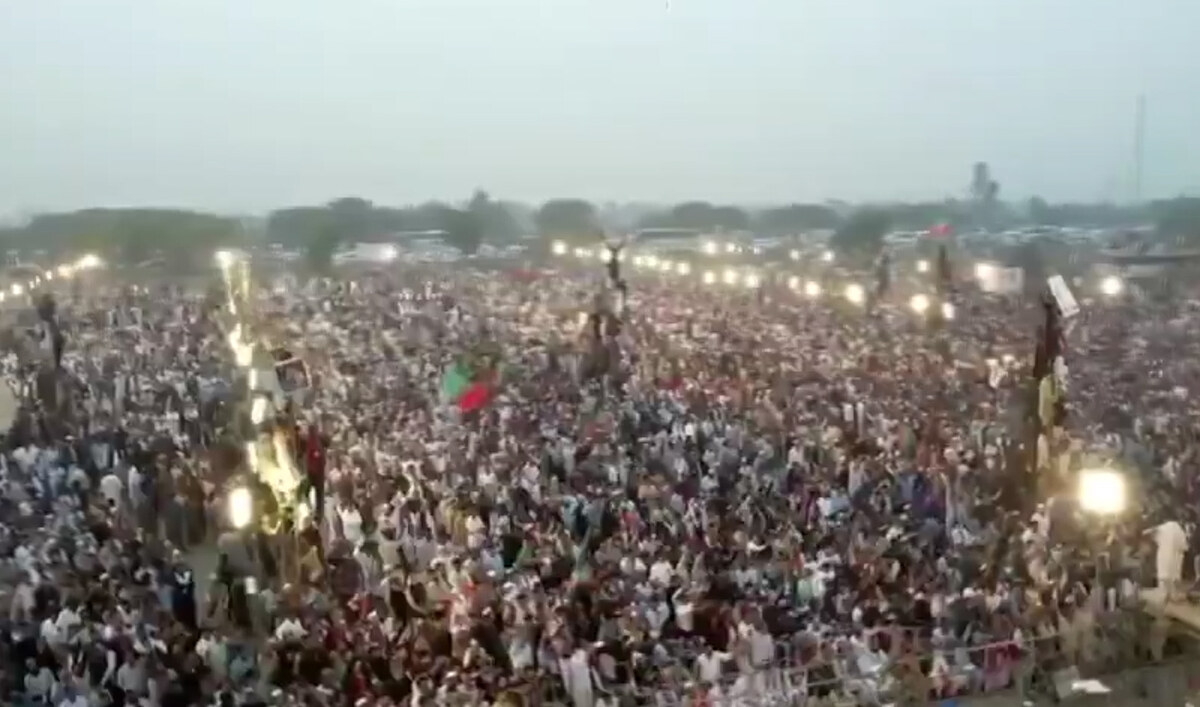LIANYUNGANG: China will train thousands of law enforcement officers from different countries over the next 12 months, its police chief said Monday, as it seeks to cement its role as a global security provider.
Police from China have trained 2,700 officers in the past year and are planning to coach 3,000 more from various countries over the next 12 months, public security minister Wang Xiaohong said in a speech at a conference in eastern China.
“We will (also) send police consultants to countries in need to conduct training to help them quickly and effectively improve their law enforcement capabilities,” Wang said.
The security conference held in the port city of Lianyungang in Jiangsu province drew law enforcement officers from 122 countries, regions, and international organizations including Malaysia, Myanmar, Pakistan and global police body Interpol.
The annual Lianyungang conference is seen as part of the Global Security Initiative (GSI) proposed by Chinese leader Xi Jinping in 2022, which aims to address international issues through cooperation with other countries.
However analysts have described the GSI as a way of expanding China’s global influence and chipping away at the current US-led security order.
“It’s almost like saying ‘if you don’t like the Western way of doing things, we’ve got the Chinese alternative’,” Benjamin Ho, an assistant professor at the S. Rajaratnam School of International Studies’ China Programme, told AFP.
“So certainly, China is trying to highlight some of these (policing) initiatives in a big way, and that’s part and parcel of its jostling for influence vis-a-vis the West,” Ho said.
Wang said in his speech to hundreds of conference delegates that law enforcement had been “politicized.”
“Normal international cooperation has been demonized,” Wang said, adding that China “rejects any form of hegemonism and bullying.”
He also said that regional security risks continue to “spill over,” including from the Ukraine war, the Israel-Palestinian conflict and tensions in the Red Sea.
Rose-gold handcuffs, batons and bulletproof vests were on display for potential overseas buyers at the conference venue.
Exhibition halls showcasing some of China’s latest policing equipment drew the attention of curious foreign visitors.
Armored vehicles lined the pavement leading to the exhibition and booths featured face-recognition software designed to help in identifying fugitives.
Ho said the Chinese were trying to highlight how “safe and secure” their country was, especially with their latest surveillance techniques.
“I suppose that kind of logic would have to be quite attractive to countries who may be struggling with their own domestic security,” Ho said.
“From the Chinese side, all these are opportunities for them to showcase their global security influence.”
China to train Pakistanis among 3,000 more overseas cops in next 12 months
https://arab.news/8n9e5
China to train Pakistanis among 3,000 more overseas cops in next 12 months

- The development comes as China seeks to cement its role as a global security provider
- Public security minister says they will also send police consultants to various countries

















